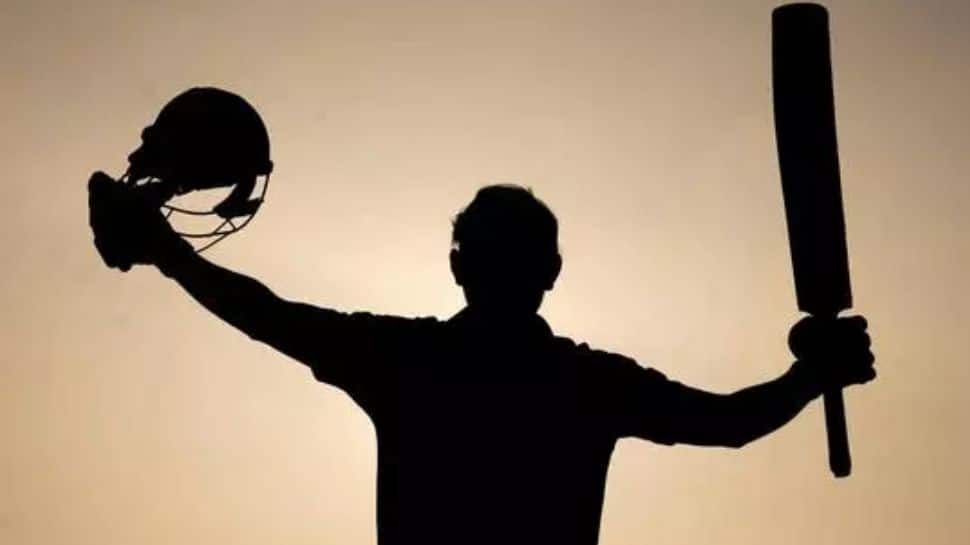 |
|
The recent underwhelming performance of the Indian cricket team, particularly in Test matches against New Zealand (a 0-3 home defeat) and Australia (a 1-3 loss), has sparked intense debate regarding the efficacy of the current coaching structure and the need for significant improvements. The criticism has centered on the team's batting woes, specifically the inconsistent performances of key players like Virat Kohli and Rohit Sharma. Their inability to adapt to challenging bowling attacks and their recurring patterns of dismissal have pointed towards a deficiency in specialized coaching. This has led to calls for a dedicated batting coach, a role currently absent from the team's support staff under head coach Gautam Gambhir.
Interestingly, unlike previous head coaches Anil Kumble, Ravi Shastri, and Rahul Dravid who all utilized a dedicated batting coach, Gambhir's current setup includes two assistant coaches, Abhishek Nayar and Ryan ten Doeschate. While both Nayar and ten Doeschate are experienced batsmen, and Nayar has established a reputation as a capable batting coach in domestic cricket and the IPL, the lack of a dedicated expert solely focused on batting strategy and technique has become a subject of contention. This absence of focused expertise, critics argue, is a major contributing factor to the team's recent struggles.
Reports suggest that the Board of Control for Cricket in India (BCCI) is actively considering adding a batting coach to the support staff. This consideration has been fueled not only by the team's on-field performance but also by the ongoing discussions and review meetings following the disappointing losses. A meeting held on January 11th in Mumbai reportedly addressed concerns about the team's performance and coaching setup, with the potential appointment of a batting coach emerging as a serious consideration. The specifics of the meeting remain undisclosed, however, the heightened urgency for change is palpable.
Former England captain Kevin Pietersen, currently working as part of the broadcasting team for the SA20 league in South Africa, has proactively declared his interest in the vacant role. Pietersen’s impressive batting record speaks for itself; he boasts a remarkable career spanning all formats. In Test cricket, he scored 8181 runs at an average of 47.28, including 23 centuries, placing him third among English batsmen behind Joe Root and Alastair Cook. His ODI career showcases 4440 runs at an average of 40.73, while his T20I record includes 1176 runs in 37 matches, featuring an impressive strike rate of 140. While lacking formal coaching experience at the international or franchise level, his vast experience as one of England's most iconic batters makes him a potentially compelling candidate.
The appointment of a batting coach would represent a significant shift in India's coaching strategy, addressing the critical need for focused batting expertise. The primary focus of criticism has undeniably been on the underperformance of senior batsmen like Rohit Sharma and Virat Kohli in Test matches. Their inconsistency and struggles against spin bowling, as well as their repeated dismissals following similar patterns, highlight the urgent need for individualised coaching and strategic guidance. A specialized batting coach would be instrumental in identifying and rectifying these technical and tactical flaws, providing tailored training regimes, and improving the team's overall strategic approach to batting in diverse conditions.
Pietersen's bold self-nomination adds a layer of intrigue to the situation. His aggressive batting style and outspoken personality might be seen as both strengths and weaknesses in the context of coaching a potentially sensitive national team. His ability to connect with and inspire players will be crucial, especially when working with established stars who might be resistant to change. His lack of formal coaching experience could be a concern for the BCCI, who may prioritize a candidate with proven track record in coaching at a high level. Yet, his exceptional playing record offers a unique perspective and expertise that could prove invaluable to India's batting line-up. Ultimately, the BCCI's decision will hinge on a careful assessment of various candidates and a strategic vision for the future of Indian cricket.
